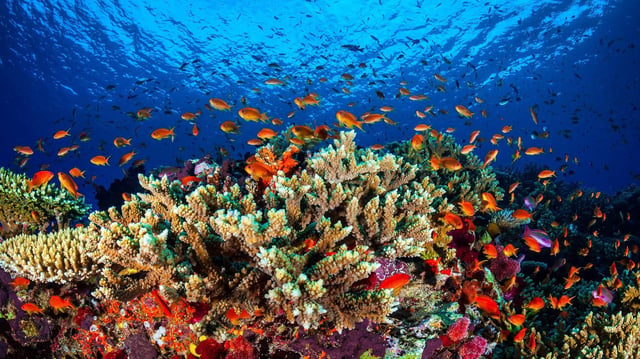Overview
- The report finds that biodiversity loss, plastic pollution and climate change are now affecting all parts of the world’s oceans.
- Oceans have absorbed roughly 90% of excess heat, driving a record global sea‑surface temperature of about 21°C in spring 2024 and contributing to nearly 23 cm of sea‑level rise since 1901 and a major Arctic ice deficit recorded in March 2025.
- The Mediterranean endured its longest recorded marine heatwave from May 2022 to early 2023, with surface temperatures up to 4.3°C above normal.
- Warmer waters aided the spread of the Atlantic blue crab and the bearded fireworm, causing 75–100% mussel losses in Po‑Delta lagoons and damaging Sicilian fisheries.
- Authors recommend local responses such as promoting blue crab consumption, not returning egg‑bearing females, and using fireworms to break down discarded shells, while more than 60 ratifications now trigger the UN high‑seas accord’s entry into force in January 2026.

